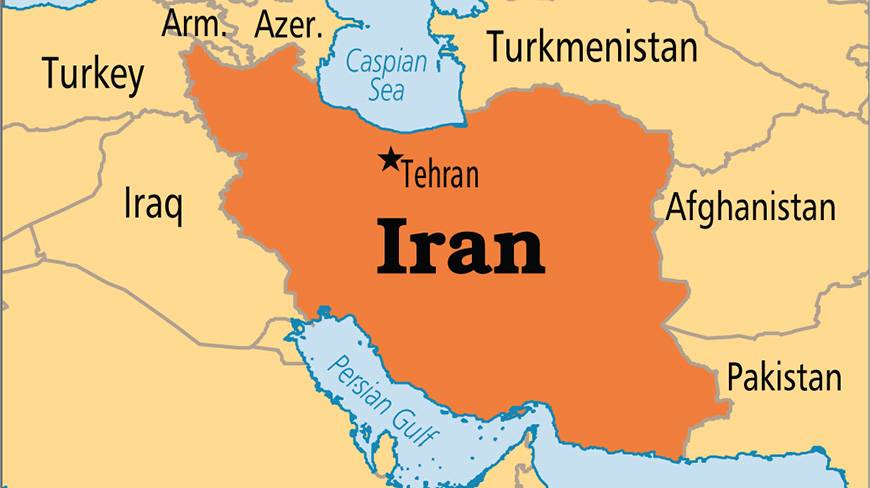Iran hanged ten men convicted of drug trafficking Oct. 22, defying pleas from the United Nations, European Union and human rights groups. EU foreign policy chief Catherine Ashton said she was “appalled” by the hangings, which add “to the alarming execution rate in Iran”.
“Most of the executions took place after summary trials, without the right to appeal and for offenses which according to international minimum standards should not result in capital punishment,” she added. “I call on Iran, once more, to halt pending executions and to introduce a moratorium on the death penalty.” The 10 men, who were hanged at a Tehran prison, were members of two drug smuggling gangs, according to Iran’s judiciary. One of the men, Saeed Sedeghi, was a shop worker who Amnesty International believes was tortured and subjected to mock execution while serving in time in Iran’s notorious Evin Prison in Tehran.
Prior to the executions, Amnesty’s deputy director for the Middle East, Ann Harrison, contended that drug-related offenses do not rise to the level of serious crimes that would permit the use of the death penalty under international law. “Iranian authorities know full well that executing people for drugs offenses is contrary to international human rights standards,” she said. “Executing Saeed Sedeghi…will do nothing to solve Iran’s ever-growing drugs problem but will inflict needless suffering on Iranian families.”
Iran serves as a drug trafficking route for neighboring Afghanistan, which produces 90% of the world’s opium. Amnesty says there is no clear evidence that the death penalty has had any identifiable impact in deterring drug-related offenses. Iran is second only to China in executions.



Leave A Comment